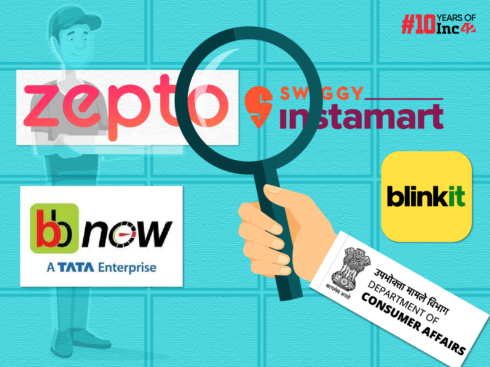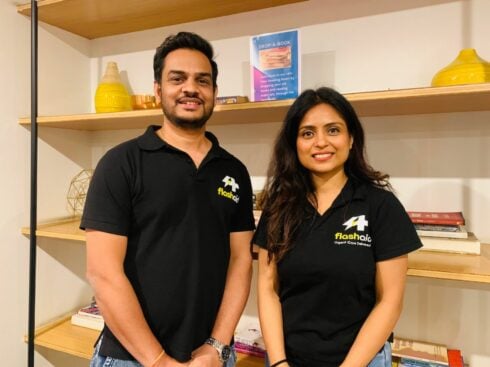I’ve attended many IP seminars and conferences conducted specifically for businesses and they are generally always about Patents. If you have ever attended any one of these you’ll come away with feeling that Patents are important and an urge to dismiss anything related to trademarks, copyrights, trade secrets and designs. It doesn’t help that the concepts get interchanged all the time, especially in the news. “SRK to get copyrighted?” read the title of an article in a prominent newspaper when they were talking of how the trademark SRK was advertised in the Trademarks Journal! Similarly there was an article titled “Facebook seeks to copyright ‘book’, when talking about trademarks again. I have quite often heard people at the aforementioned seminars ask “How do I patent my company name?”
While as an entrepreneur you don’t need to know what the Statue of Anne, Paris Convention or PCT refers to, understanding the basics, the differences and what they protect will go a long way in figuring out how to protect and leverage your IP.
Intellectual Property, simply put, is a creation of the mind that’s unique. It could range from a book that you’ve written to making the machine that cuts the tree to make the paper more effective. You can’t protect the idea of both but you can find ways under the law to protect what you do with those ideas.
The law in India, which ties in with most other countries, protects the Intellectual Property under different streams, primarily – Trademarks for brands or any distinguishing feature that sets apart goods and services, patents for inventions, copyright for artistic, musical, literary work, and designs for the visual appearance of a product.
Trademarks
Trademarks are literally marks that distinguish you in trade. They can be words, phrases, slogans, labels, logos, colour combinations, packaging of products, sounds and pretty much any graphical representation that helps consumers identify you, your product or your service. A registered trademark gives you rights to exclusively use the mark and initiate legal proceedings against someone who uses something similar or identical to your mark. If your trademark is registered, it is granted protection for 10 years from the date of application and can be renewed every ten years (pretty much indefinitely if you keep using it).
Patents
Patents are granted to protect inventions. Products or processes that are new (not been made public subject to some conditions) have an inventive step (a feature that involves technical advance or economic significance or both, that people from that field in the given time do not know about) and have industrial application (can be used in an industry) can be protected under patents. There are several conditions that have to be met to for a patent to be granted and while I am not going into details, the general concept is that patents protect inventions. Once granted, if you keep renewing it, your patent can grant you the exclusive right to use your invention for a total of 20 years from the date of filing.
Copyrights
Copyright when simplified is the right granted to an owner to exclusively make copies of certain works. Copyrights vest in literary, musical, dramatic and artistic work. They also cover sound recordings, movies and computer programmes (yes computer programmes – the source code is protected under literary work). The owner of the copyright has the sole authority to make copies, communicate the work to the public, and make adaptations (for instance from book to screenplay) and translations among other rights. Although it is not mandatory for copyright to be registered (the moment it is expressed in a tangible form the work is protected) having a registered copyright would be easier to establish your rights in Court. Protection of copyrights generally last around 60 years (will cover the specifics in a separate post).
Designs
Designs are shapes or patterns or colours or lines or a combination of them that are applied to an object. The aesthetic appearance of a given product can be registered as a design if it is new and unique. Designs are protected, primarily because the look and shape of a product can greatly increase a product’s marketability. Getting a design registered gives the owner a right to exclusively use the design and stop someone else from using something similar. Protection under the law for a registered Design is for 10 years which can be extended for an additional period of 5 years.
While I’ve mentioned the basics of what each of the major streams of IP protect, there are instances where they overlap. Copyright and designs (with regard to an artistic work); trademarks and copyrights (artistic works that can be used as a trademark); copyright and patents (computer software) and several other combinations. It’s important to closely examine your business model, and your functioning and ultimately what IP you can protect. Once you protect your IP, there are several ways you can leverage it.
Intellectual Property is all about protecting what’s “mine”. It could prove to be a gold mine or a minefield depending on how much you know about it.



























